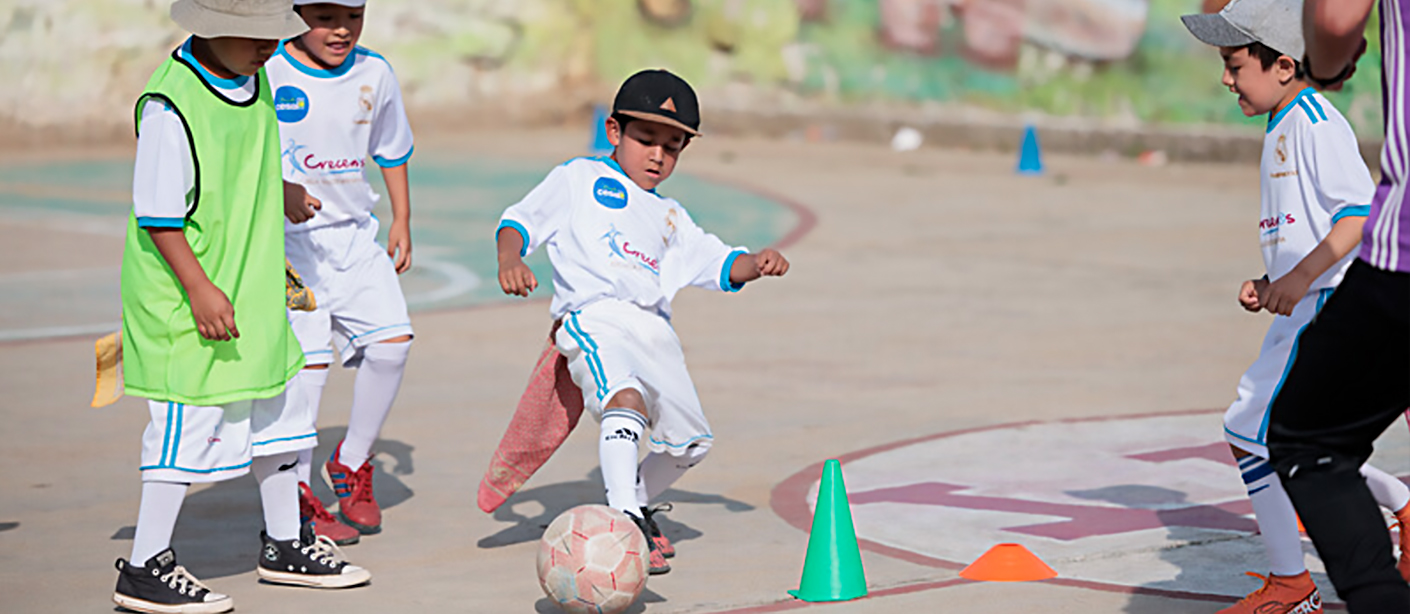Protein Deficiency in Kids | Abbott Nutrition
- Sub Heading
-
Not eating the right amount of protein can affect your child's development, but how can you tell if they're getting enough?
- Main Image
-

- Duration
-
AUG. 06, 2018 2 MIN. READ - Description
-
Believe it or not, one in seven school-aged kids in the U.S. don't get enough protein daily.1 That number is not too shocking when you learn that 30 percent of their total daily calories come from low-nutrient snacks, desserts and candy.2
If your child is not getting enough protein, it can lead to more serious side effects down the road. As a matter of fact, this essential macronutrient is so important for kids that it affects every single part of the body.



Social Share